According to the Department of Fisheries and Sea Islands of Dak Lak province, storm No. 13 caused damage to the fisheries sector estimated at about 186 billion VND. Of which, the aquaculture sector suffered the greatest damage with an estimated over 169 billion VND, including more than 15,600 broken cages and torn nets, and 134 hectares of ponds affected by more than 3,000 farming households (not including damage to aquatic products raised in ponds and cages).

Damage to fishing vessels also amounted to about 17 billion VND, with 194 vessels sunk and damaged (112 fishing vessels and 82 aquaculture boats).
Faced with this situation, the Department of Fisheries and Seas and Islands quickly proposed to competent authorities to support the people. This agency proposed that the Provincial People's Committee should allocate budget to localities affected by natural disasters to support people to restore production according to the provisions of Decree 09/2025/ND-CP of the Government .
The Department of Fisheries and Seas also recommended that banks consider mechanisms to support affected fishermen through measures such as debt rescheduling, debt extension, and interest rate reduction. The goal is to help them have resources to repair boats, cages, and ponds to soon restart production activities.
In order to minimize losses and prevent epidemics after storms, the Department of Fisheries and Islands has issued detailed technical instructions. For fishing activities and fishing vessels, the top priority is to collect statistics and comprehensively inspect the condition of the vehicle, clearly determine the level of damage (sinking, damage...). After that, localities need to guide people to repair and fix the problem, and at the same time check the technical safety conditions of damaged fishing vessels to ensure safety when returning to fishing.

In the aquaculture sector, people are advised to drain water from the surface of the pond to minimize the amount of rainwater. Next, it is necessary to operate water fans and aerators to limit water stratification in high-density intensive ponds.
Farmers must check and treat environmental factors in ponds, lagoons, and cages to ensure these factors are within allowable limits or move cages to farming areas with suitable water quality if necessary.
In particular, to enhance the resistance of farmed aquatic animals, adding vitamins or biological products to the feed is very important. Farmers also need to regularly monitor the health of aquatic animals to take timely measures, and at the same time use drugs and chemicals to detoxify, disinfect and treat if the water environment is polluted.
Source: https://daibieunhandan.vn/dak-lak-de-xuat-nhieu-giai-phap-phuc-hoi-nganh-thuy-san-sau-bao-so-13-10395251.html


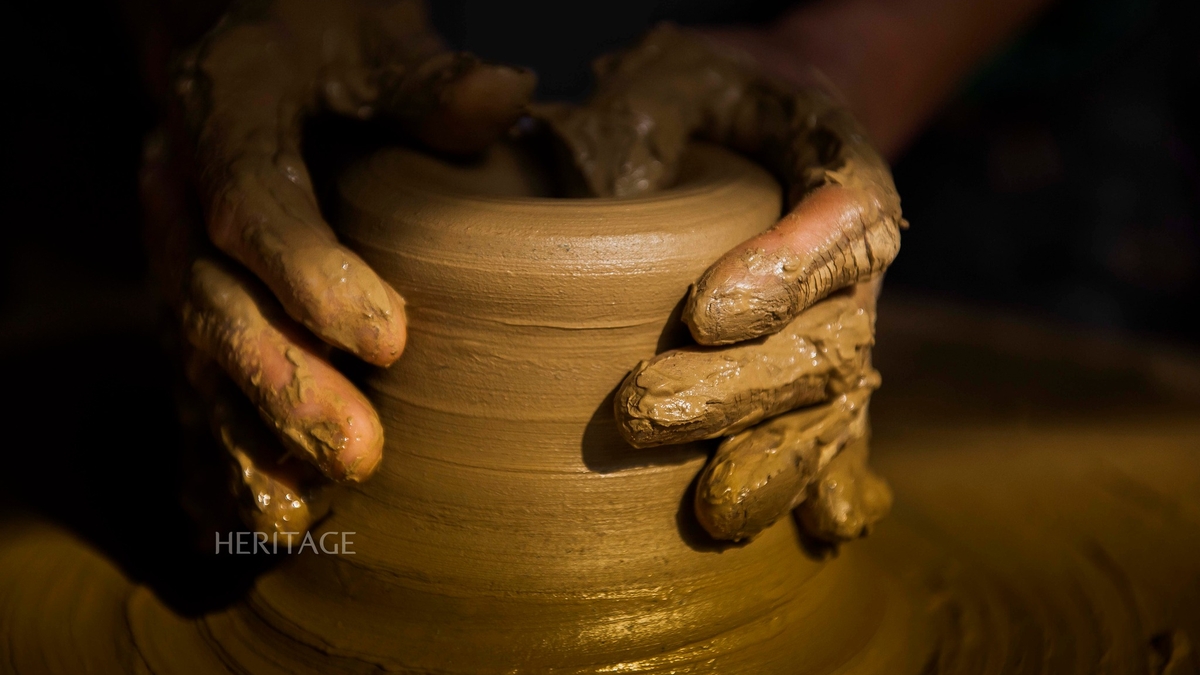
![[Photo] Chu Noodles - the essence of rice and sunshine](https://vphoto.vietnam.vn/thumb/1200x675/vietnam/resource/IMAGE/2025/11/11/1762846220477_ndo_tl_7-jpg.webp)


![[Photo] Prime Minister Pham Minh Chinh chairs a meeting on housing policy and the real estate market.](https://vphoto.vietnam.vn/thumb/1200x675/vietnam/resource/IMAGE/2025/11/11/1762838719858_dsc-2107-jpg.webp)








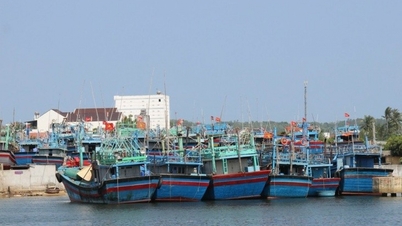










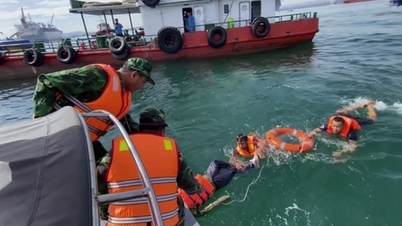







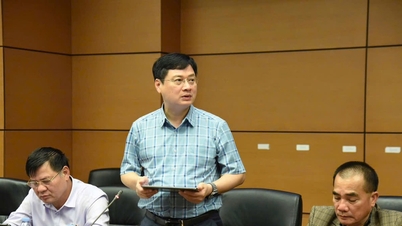

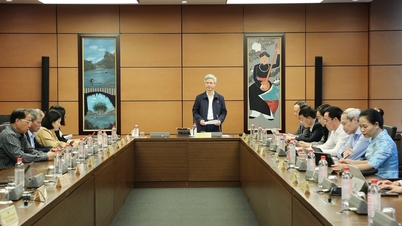























































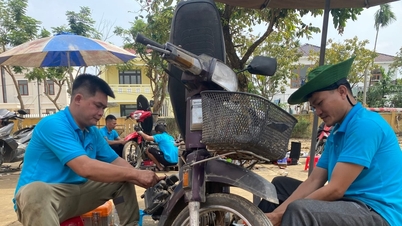









![Dong Nai OCOP transition: [Article 3] Linking tourism with OCOP product consumption](https://vphoto.vietnam.vn/thumb/402x226/vietnam/resource/IMAGE/2025/11/10/1762739199309_1324-2740-7_n-162543_981.jpeg)







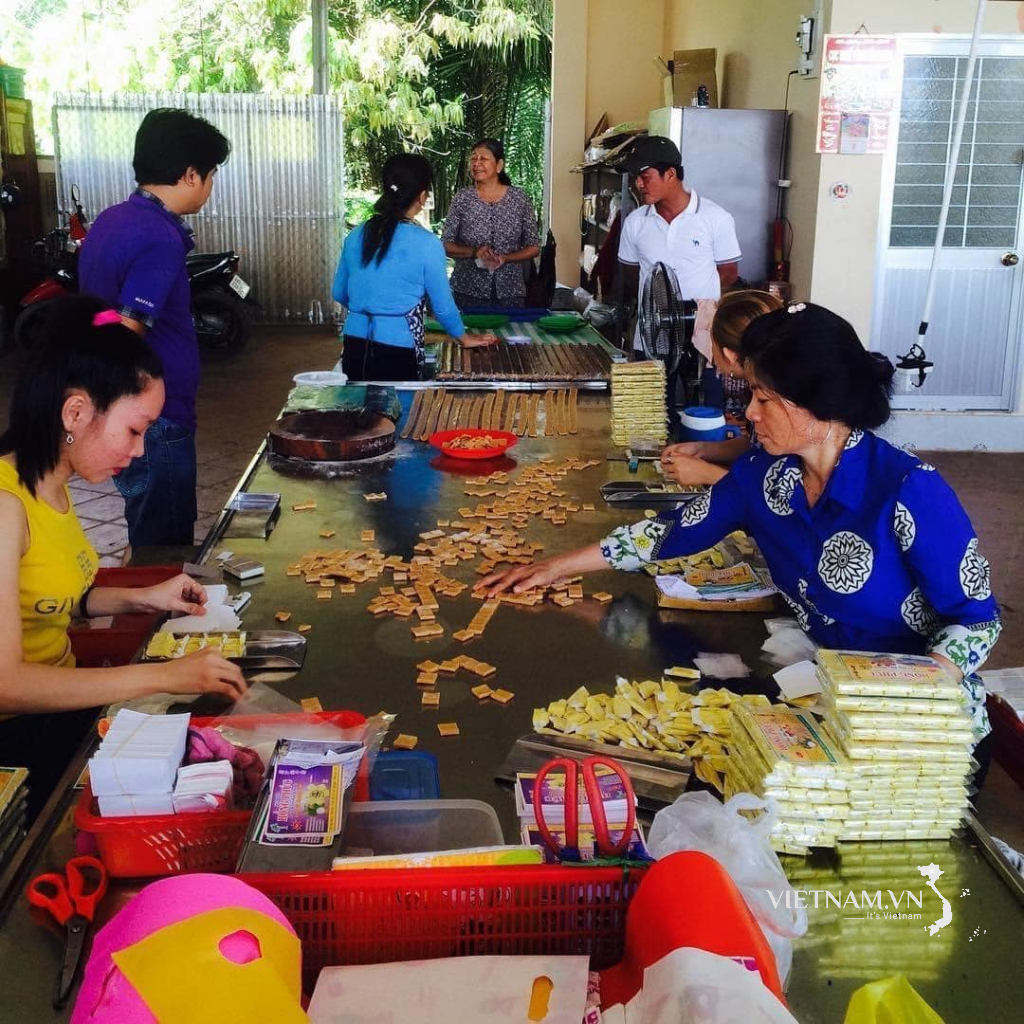
Comment (0)